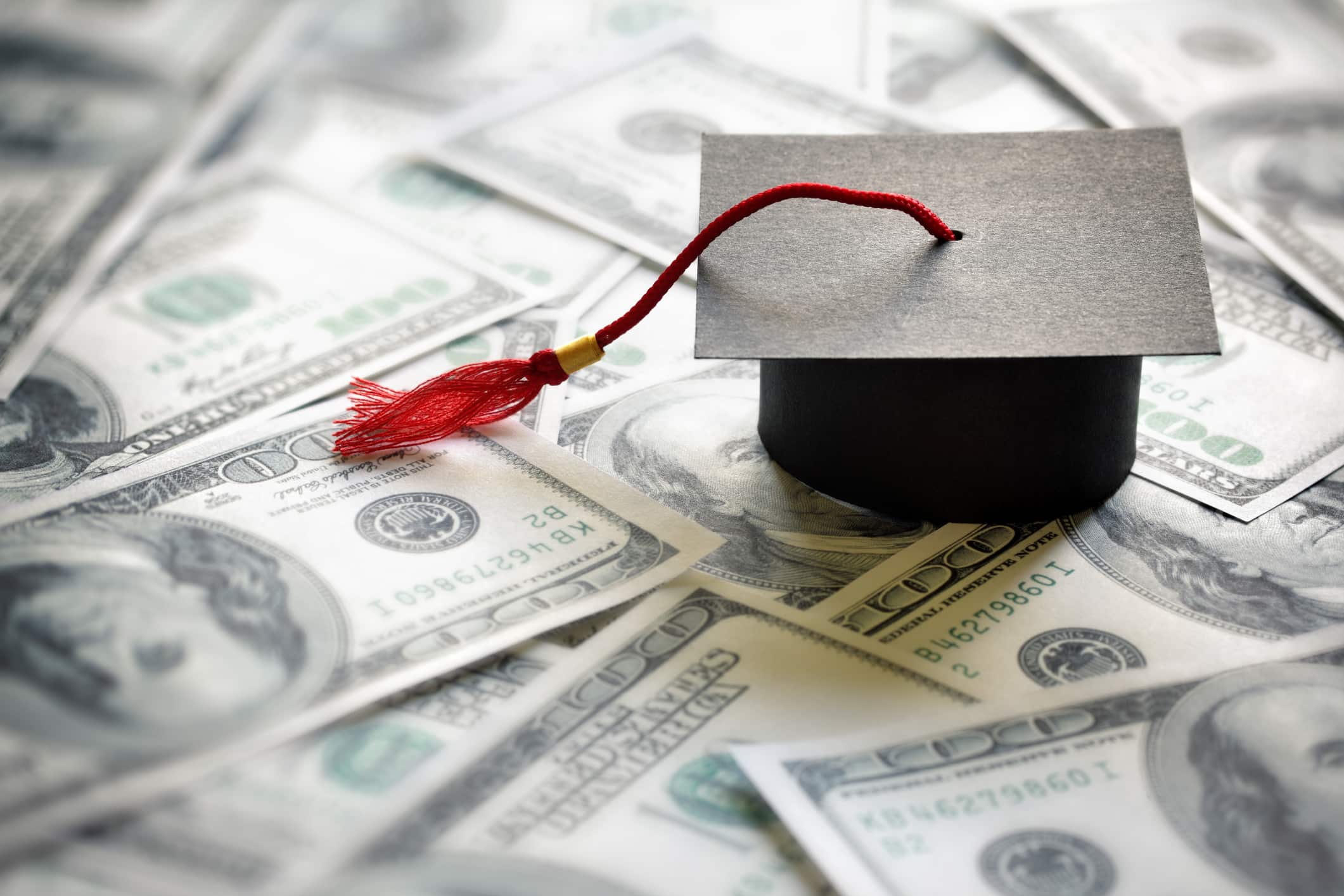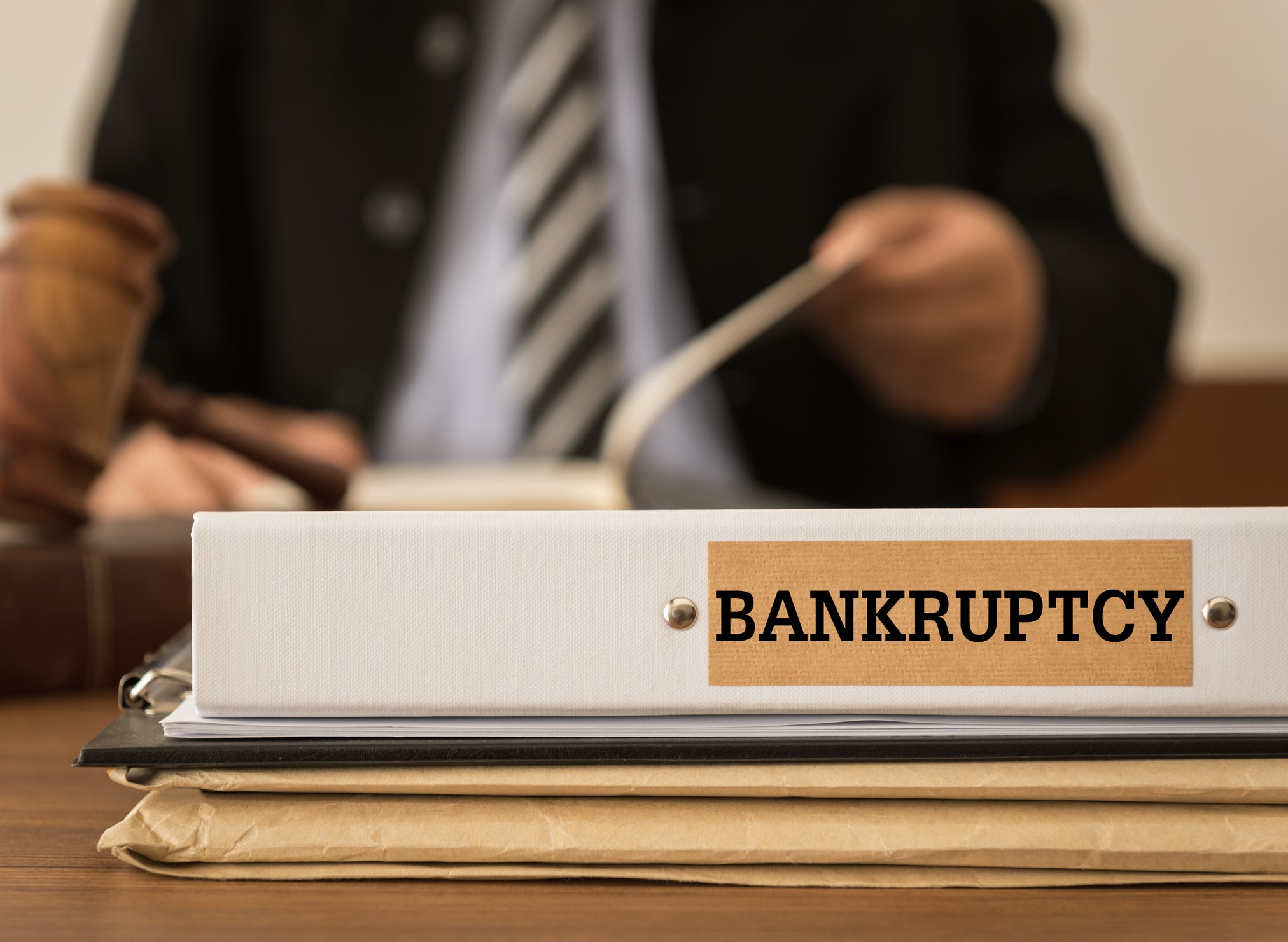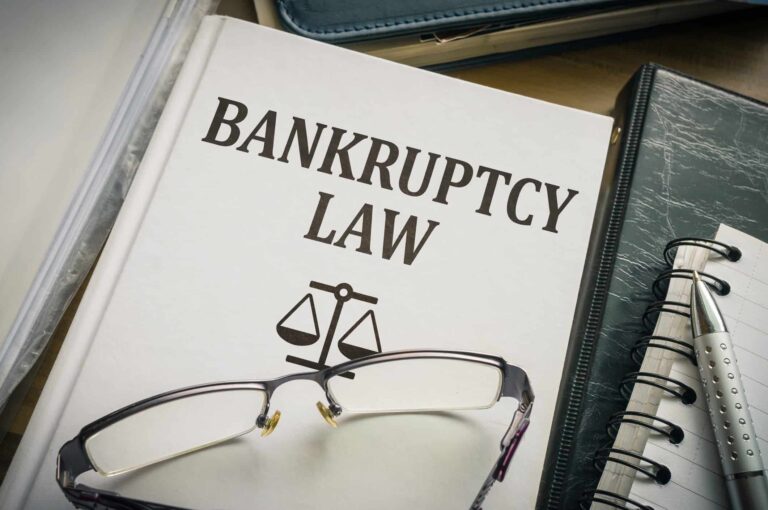Biden Administration Eases Student Loan Debt Bankruptcy Guidelines
In August 2022, President Biden announced a plan to cancel student loan debt ranging from $10,000 to $20,000, depending on various requirements and income levels. However, at the beginning of November 2022, a federal district court in Texas ruled the plan was unconstitutional.
As a result, many borrowers have no idea whether they will still obtain the financial relief they were expecting. In efforts to still provide relief to those in need, the Biden Administration and the Department of Education have taken steps to have the U.S. Department of Justice ease the process of discharging student loans through bankruptcy.
Contact a bankruptcy attorney in Las Vegas today to learn more about discharging student loans through bankruptcy.
What legal challenges did the original Biden Administration’s student loan cancellation plan face?
One of the major legal challenges the Biden Administration’s student loan cancellation plan faced was objections about whether the president has the authority to issue student loan debt forgiveness as an executive order.
Opponents of the plan felt it should have been introduced as a bill in Congress where the House and Senate would determine whether to pass it. Then, if they did, President Biden could sign it into law.
However, since he used his executive powers, opponents felt this was an overreach of his executive powers and filed suit in federal court to have the plan blocked. Those contesting the plan also believed Biden did not have the authority to enact the plan using the 2003 Higher Education Relief Opportunities for Students Act.
This Act allows the government to modify student loans in times of national emergencies or war. However, while the Biden Administration states the coronavirus pandemic warrants such a case, opponents say it does not.
What criteria will have to be met to qualify for student debt relief under bankruptcy?
The Old Process
In the past, having student loans discharged through bankruptcy was a tedious, complex, and lengthy process. Borrowers would need to demonstrate paying the student loans would create an undue hardship.
In addition, they would need to file for an adversary proceeding to include student loans in their bankruptcy filing. An adversary proceeding is essentially a separate lawsuit within the bankruptcy where the filer asks the court to determine whether the student loan debt is dischargeable.
The debtor or their bankruptcy attorney would need to petition the judge to have the student loans discharged. However, the debtor must file for Chapter 7 bankruptcy or Chapter 13 bankruptcy first.
The problem with the old process was there was no set standard. Instead, it was up to each bankruptcy judge to determine whether the filer met the requirement. Filers would also have to contest with objections from the Department of Education and its legal team.
Unfortunately, the bar to have student loans in bankruptcy was set so high it was extremely challenging to overcome.
The New Process
While you still must file an adversary proceeding to include student loans in your bankruptcy, you may no longer need to go through the entire process. Instead, the Department of Education will require filers to fill out an attestation form to help determine eligibility and whether the person faces an undue hardship.
The Department of Education and the U.S. Department of Justice will review the information provided by the filer. Then, using that information, they will recommend to the bankruptcy judge whether to discharge part or all of the student loan debt or deny the request.
As a result, it may no longer be necessary to go through a lengthy and time-consuming adversary proceeding.
Can I file bankruptcy on my student loans if I have made late payments or missed payments in the past?
You can include your student loans as part of your bankruptcy proceeding, even if you have late or missed payments. However, your bankruptcy lawyer will need to file an adversary proceeding in bankruptcy court. Doing so will halt all collections and payments on your student loans until your bankruptcy case is resolved.
What form needs to be filled out to commence an adversary proceeding for student loan bankruptcy?
You and your bankruptcy attorney will need to complete an Attestation Form. This is the new student loan discharge guidance form used by the U.S. Department of Education and the Department of Justice to determine your eligibility to have your student loans discharged through bankruptcy.
Who will determine whether my student debt will be discharged, and how will it be determined?
The U.S. Department of Education and the Department of Justice will make their recommendations to your bankruptcy judge. However, your bankruptcy lawyer must still file an adversary proceeding in bankruptcy court. Doing so will halt all collections and payments on your student loans until your bankruptcy case is resolved.
Some of the factors used to determine your eligibility include:
- Your expenses far outweigh your income.
- You are of retirement age.
- Your student loans have been in repayment for ten years or longer.
- You have attempted other repayment methods offered by the Department of Education.
- You have made a “good-faith” attempt to earn income to pay your student loans.
If I have a current bankruptcy case open, can I still qualify?
If you have a current bankruptcy case open, you and your bankruptcy lawyer can request your case be paused through the court. This will allow you to alter your bankruptcy filing to include your student loans by filing an adversary proceeding and completing the attestation form.
What are some benefits of this new approach to student loan discharge through bankruptcy?
The primary benefit of the new process is that it makes it easier for filers to include their student loans in their bankruptcy when facing undue hardship. It also creates better transparency and makes it fairer to ensure those facing undue hardship get the relief they need.
Furthermore, attorneys from the Department of Justice will be better able to identify those filers and recommend their student loans be discharged without the lengthy and entire adversary proceeding needing to be completed.
What if the bankruptcy court does not discharge my student loans?
The U.S. Department of Education offers several different flexible repayment plans should the bankruptcy court decide not to discharge your student loans. For example, there are income-based repayment programs where your monthly payments are based on your income.
Depending on your income, your payments could be nothing. However, you do need to recertify for this repayment program annually. As your income changes, your monthly payment amount could be adjusted up or down accordingly.
Another feature of this program is that, after 20 to 25 years of being in repayment, any remaining student loan debt is forgiven.
Where and how can I apply to have my student loan debt discharged through bankruptcy?
The first place to begin to see if you can have your student loan debt discharged through bankruptcy is with a free consultation with a bankruptcy attorney like DeLuca & Associates in Las Vegas. Our bankruptcy attorney will review your current financial situation to determine your eligibility.
Get your free consultation with our Las Vegas bankruptcy attorney today.
Sources:
Attestation Form. (2022).
H.R. 1412 – Higher Education Relief Opportunities for Students Act of 2003. (2003).









